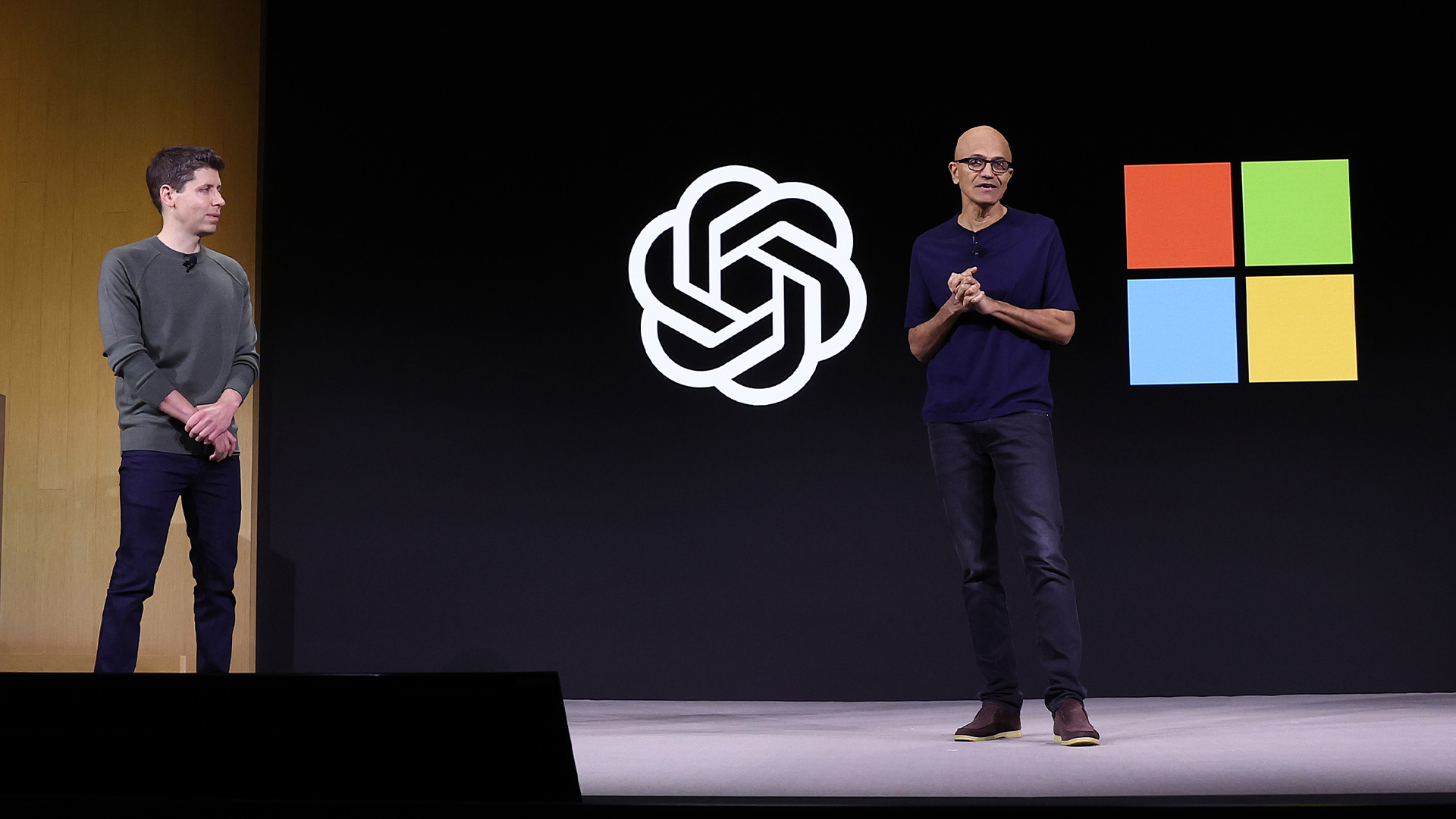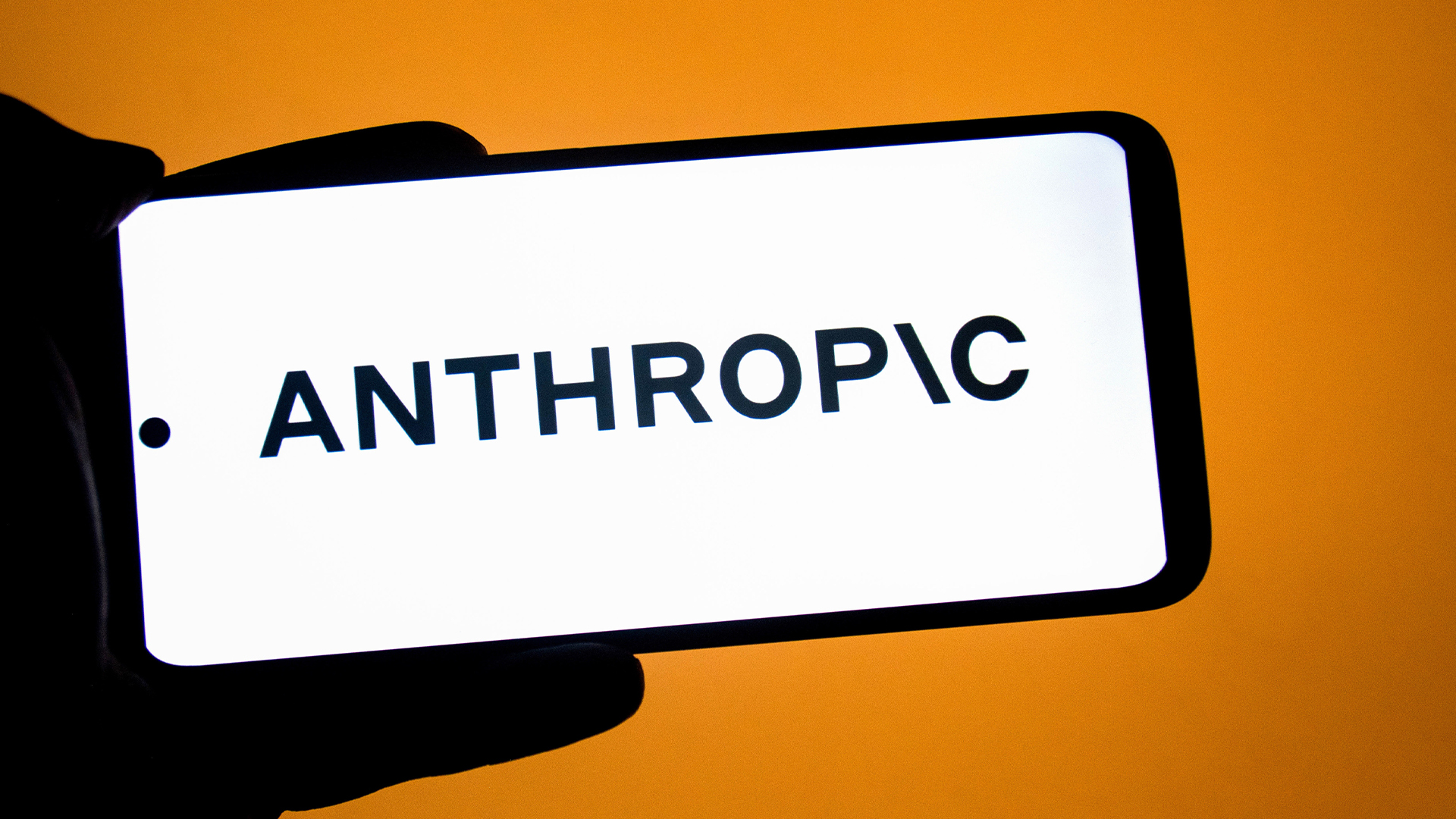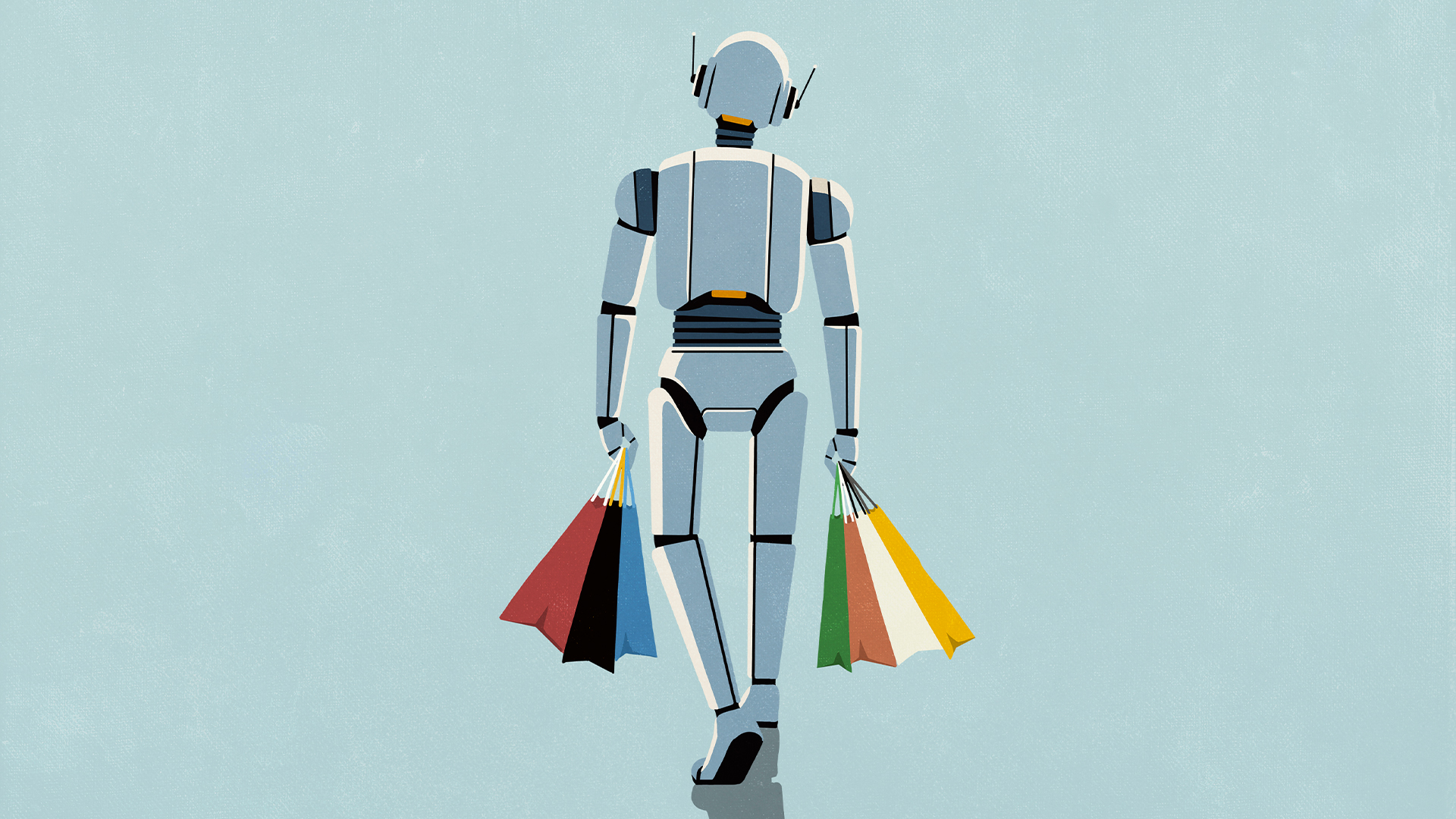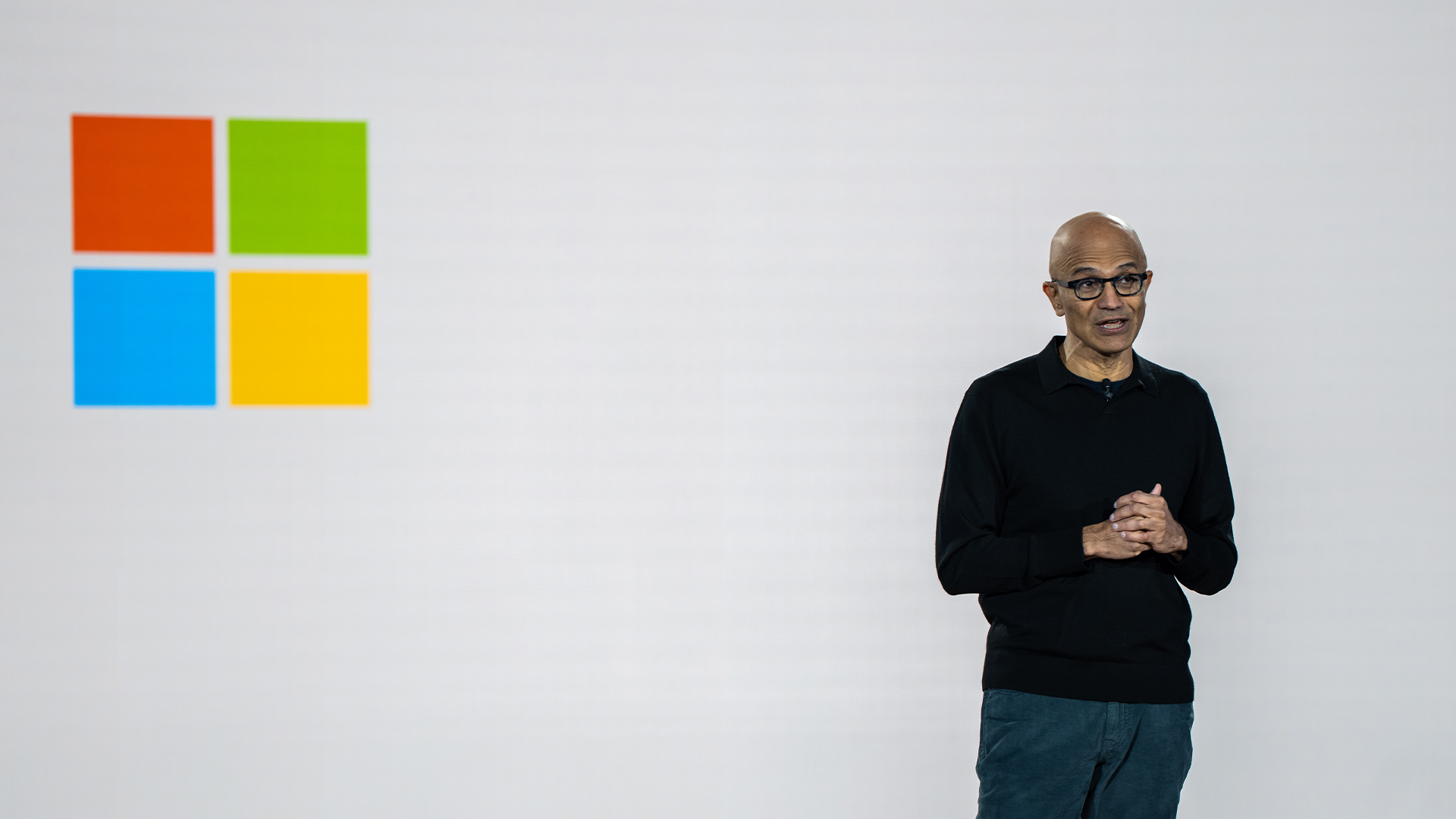Is the honeymoon period over for Microsoft and OpenAI? Strained relations and deals with competitors spell trouble for the partnership that transformed the AI industry
The two firms are slowly drifting apart as both forge closer ties with respective rivals


Microsoft and OpenAI have signed an agreement to shake up the duo’s long-running partnership at the latter looks to restructure into a for-profit company.
The move marks the latest development in a changing relationship dynamic for the two firms, with both forging ties with other industry stakeholders and respective competitors.
“Microsoft and OpenAI have signed a nonbinding memorandum of understanding (MOU) for the next phase of our partnership,” a joint statement reads. “We are actively working to finalize contractual terms in a definitive agreement.”
OpenAI's push to becoming a for-profit entity requires approval from Microsoft, as per the terms of their partnership. While the exact terms of the revised agreement are yet to be revealed, at this stage it appears to come with a notable caveat.
OpenAI revealed the nonprofit parent will still retain oversight of the company, taking an equity stake of around $100 billion.
In a follow-up statement, chairman Bret Taylor noted this makes it “one of the most well-resourced philanthropic organizations in the world”.
Microsoft and OpenAI were destined to clash
The proposed changes come as Microsoft and OpenAI continue to drift apart in key areas. It’s a talking point that’s become a recurring theme over the last year, with both companies now essentially competing for customers.
Sign up today and you will receive a free copy of our Future Focus 2025 report - the leading guidance on AI, cybersecurity and other IT challenges as per 700+ senior executives
In January, Microsoft told ITPro OpenAI “continues to be our partner on frontier models” following reports it was exploring the prospect of integrating third-party alternatives to power its Microsoft 365 Copilot service.
On 9 September, reports from The Information revealed Microsoft will now pay Anthropic to use its AI in Office 365 applications alongside OpenAI options. This will see Anthropic AI models used to power a host of key applications, including Word, Excel, Outlook, and PowerPoint.
OpenAI has also made moves to distance itself from Microsoft, largely on the issue of compute power. The company is a key figure in the $500 billion Stargate Project alongside Oracle and SoftBank, for example, which aims to build out AI infrastructure across the United States.
In January, OpenAI also moved away from using Microsoft Azure as its sole cloud provider, and has been forging closer ties with Oracle. A June 2024 agreement saw Oracle, Microsoft, and OpenAI partner to "provide additional capacity” for the latter.
This included using the Azure AI platform on Oracle Cloud Infrastructure (OCI) for “inference and other needs”, the company said at the time.
This partnership fueled speculation about an emerging rift with Microsoft, prompting OpenAI to issue a statement claiming its “strategic cloud relationship with Microsoft is unchanged”.
OpenAI’s for-profit conundrum
OpenAI has faced significant pushback in its shift to become a for-profit entity.
In December 2024, the company proposed establishing itself as a Public Benefit Corporation (PBC). This would mean the nonprofit will hold shares in the company but have little influence.
A second push to split commercial operations and become a for-profit company was scrapped in May following pressure from industry stakeholders, regulators, and former employees such as Elon Musk.
The Tesla and SpaceX chief executive filed a legal challenge to block the move, claiming it disregarded and ran counter to the company’s founding principles.
In a blog post at the time, OpenAI confirmed the nonprofit would “stay in control after hearing from civic leaders and having discussions with the offices of the Attorneys General of California and Delaware”.
Make sure to follow ITPro on Google News to keep tabs on all our latest news, analysis, and reviews.
MORE FROM ITPRO

Ross Kelly is ITPro's News & Analysis Editor, responsible for leading the brand's news output and in-depth reporting on the latest stories from across the business technology landscape. Ross was previously a Staff Writer, during which time he developed a keen interest in cyber security, business leadership, and emerging technologies.
He graduated from Edinburgh Napier University in 2016 with a BA (Hons) in Journalism, and joined ITPro in 2022 after four years working in technology conference research.
For news pitches, you can contact Ross at ross.kelly@futurenet.com, or on Twitter and LinkedIn.
-
 If Satya Nadella wants us to take AI seriously, let’s forget about mass adoption and start with a return on investment for those already using it
If Satya Nadella wants us to take AI seriously, let’s forget about mass adoption and start with a return on investment for those already using itOpinion The Microsoft chief said there’s a risk public sentiment might sour unless adoption is distributed more evenly
-
 Half of agentic AI projects are still stuck at the pilot stage – but that’s not stopping enterprises from ramping up investment
Half of agentic AI projects are still stuck at the pilot stage – but that’s not stopping enterprises from ramping up investmentNews Organizations are stymied by issues with security, privacy, and compliance, as well as the technical challenges of managing agents at scale
-
 What Anthropic's constitution changes mean for the future of Claude
What Anthropic's constitution changes mean for the future of ClaudeNews The developer debates AI consciousness while trying to make Claude chatbot behave better
-
 Satya Nadella says a 'telltale sign' of an AI bubble is if it only benefits tech companies – but the technology is now having a huge impact in a range of industries
Satya Nadella says a 'telltale sign' of an AI bubble is if it only benefits tech companies – but the technology is now having a huge impact in a range of industriesNews Microsoft CEO Satya Nadella appears confident that the AI market isn’t in the midst of a bubble, but warned widespread adoption outside of the technology industry will be key to calming concerns.
-
 DeepSeek rocked Silicon Valley in January 2025 – one year on it looks set to shake things up again with a powerful new model release
DeepSeek rocked Silicon Valley in January 2025 – one year on it looks set to shake things up again with a powerful new model releaseAnalysis The Chinese AI company sent Silicon Valley into meltdown last year and it could rock the boat again with an upcoming model
-
 Workers are wasting half a day each week fixing AI ‘workslop’
Workers are wasting half a day each week fixing AI ‘workslop’News Better staff training and understanding of the technology is needed to cut down on AI workslop
-
 Retailers are turning to AI to streamline supply chains and customer experience – and open source options are proving highly popular
Retailers are turning to AI to streamline supply chains and customer experience – and open source options are proving highly popularNews Companies are moving AI projects from pilot to production across the board, with a focus on open-source models and software, as well as agentic and physical AI
-
 Microsoft CEO Satya Nadella wants an end to the term ‘AI slop’ and says 2026 will be a ‘pivotal year’ for the technology – but enterprises still need to iron out key lingering issues
Microsoft CEO Satya Nadella wants an end to the term ‘AI slop’ and says 2026 will be a ‘pivotal year’ for the technology – but enterprises still need to iron out key lingering issuesNews Microsoft CEO Satya Nadella might want the term "AI slop" shelved in 2026, but businesses will still be dealing with increasing output problems and poor returns.

